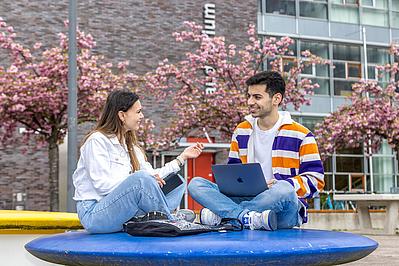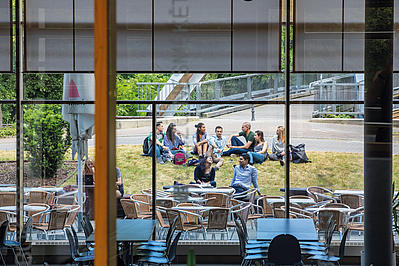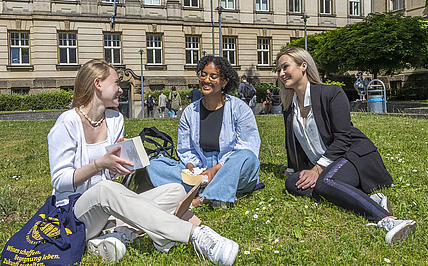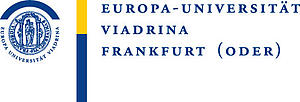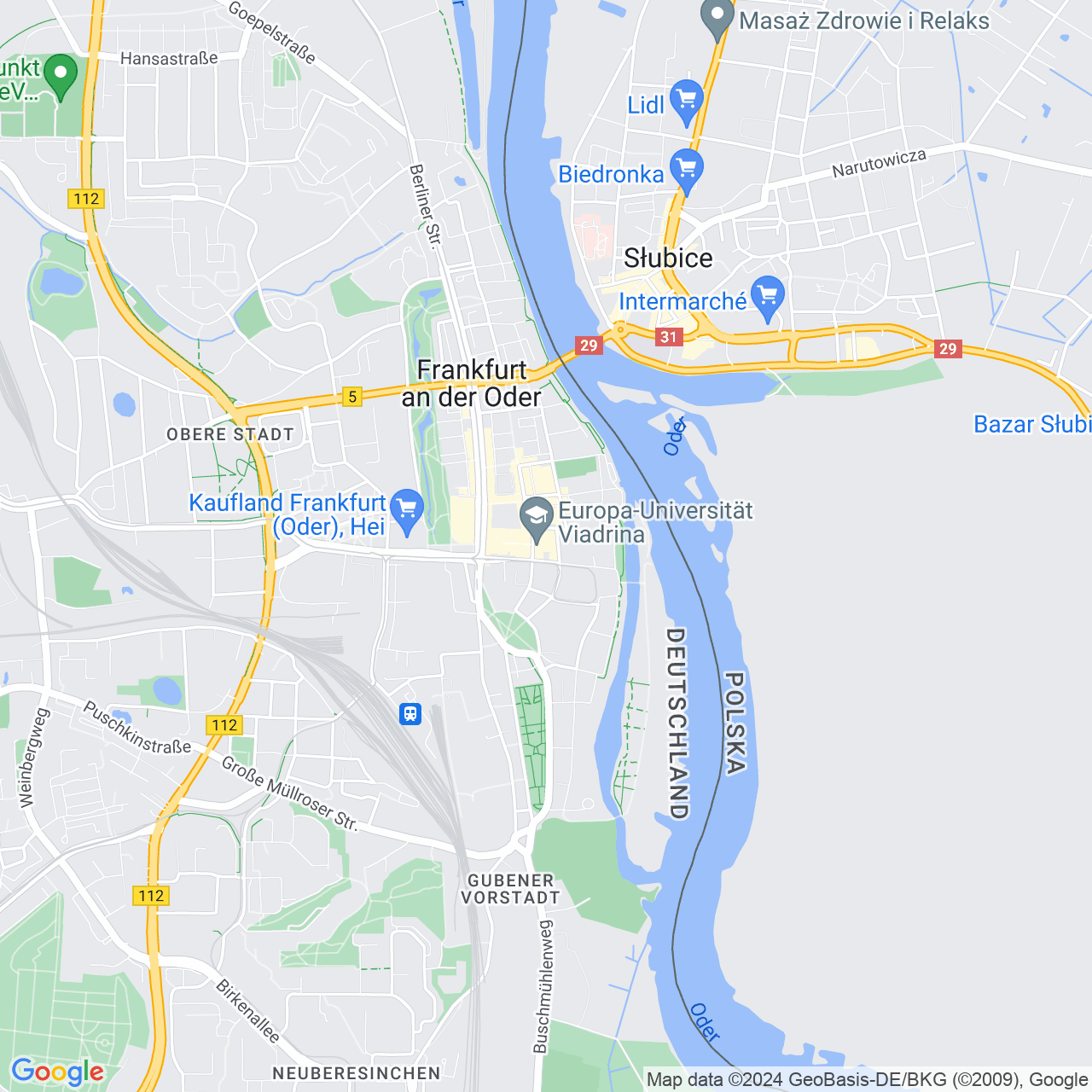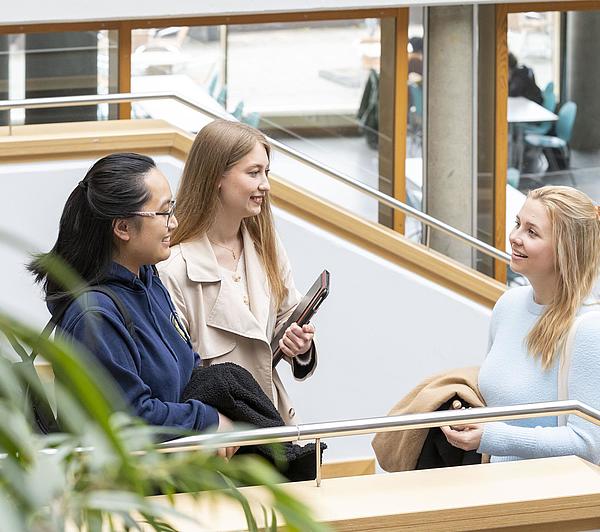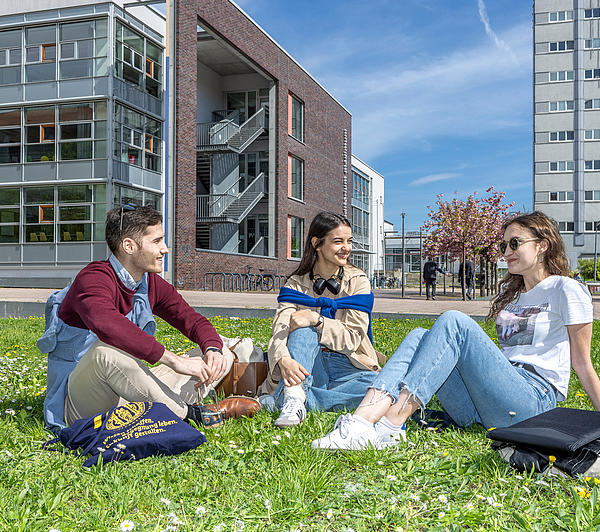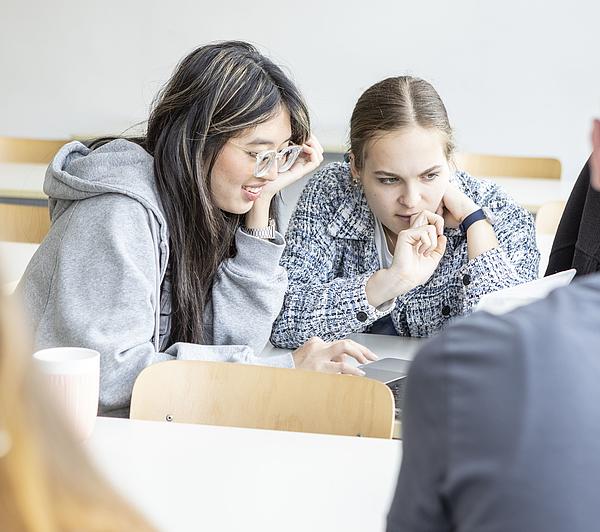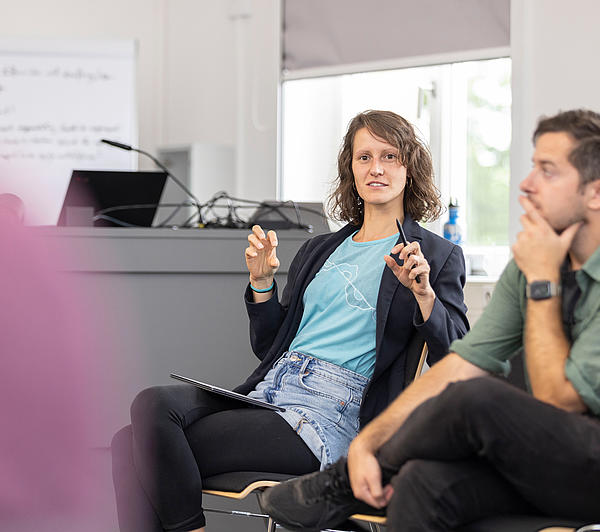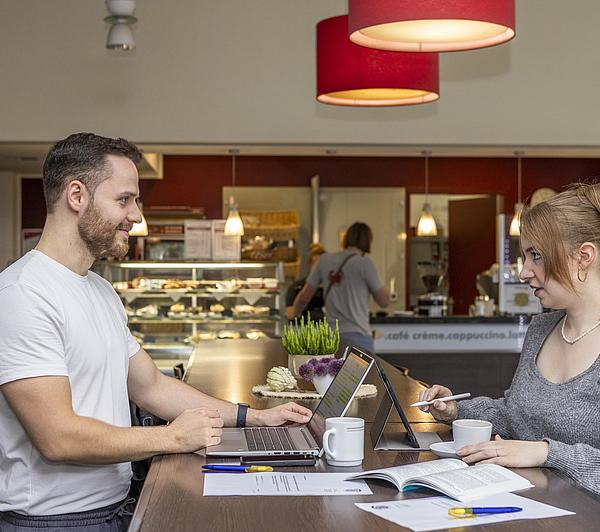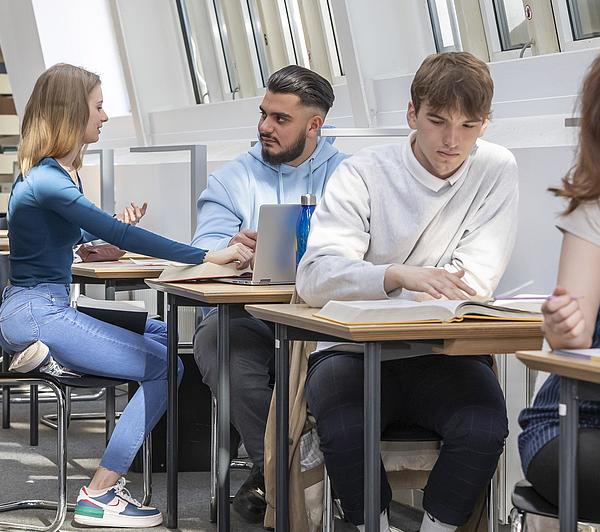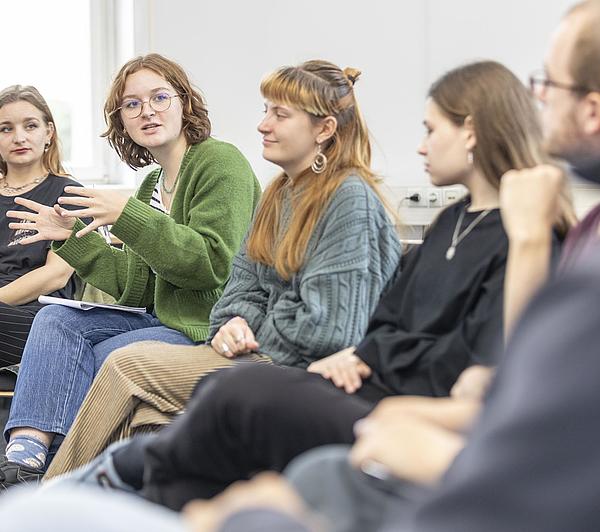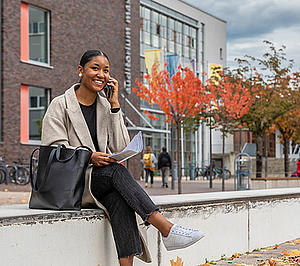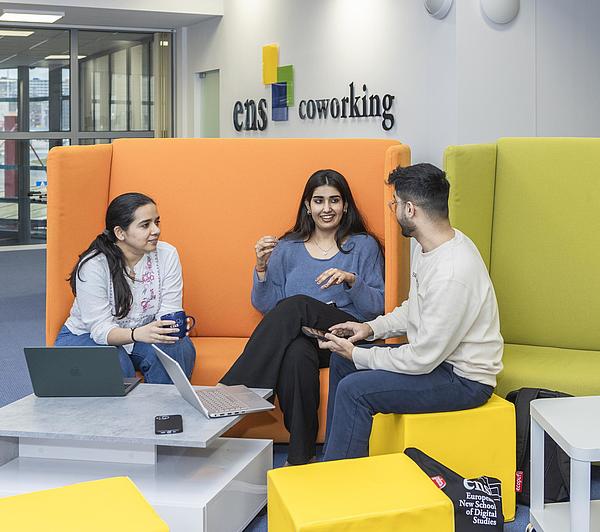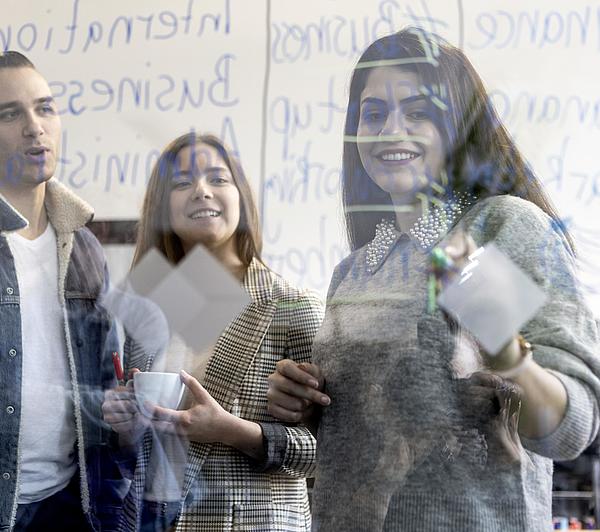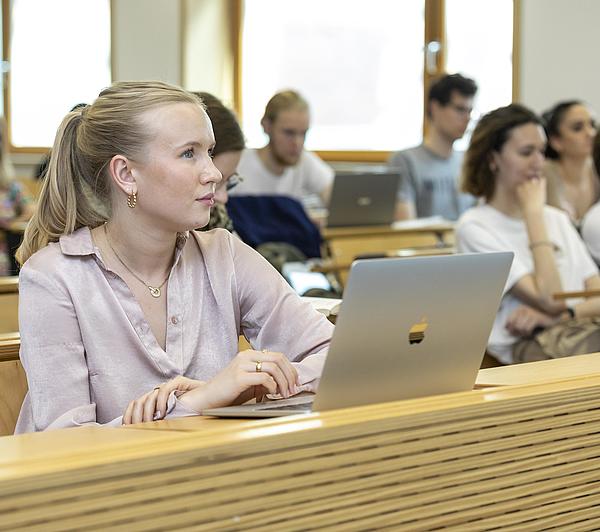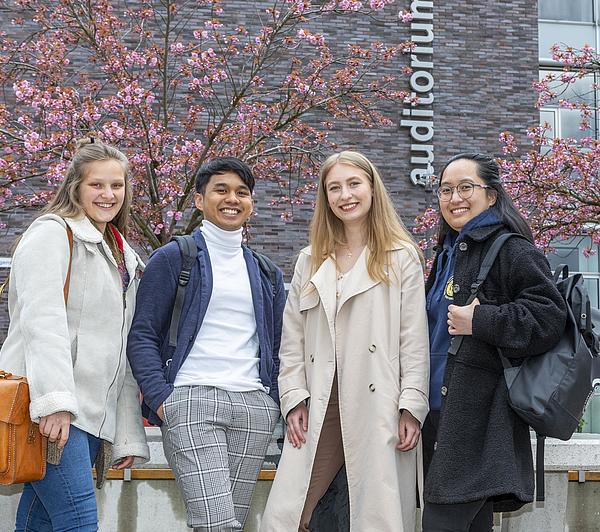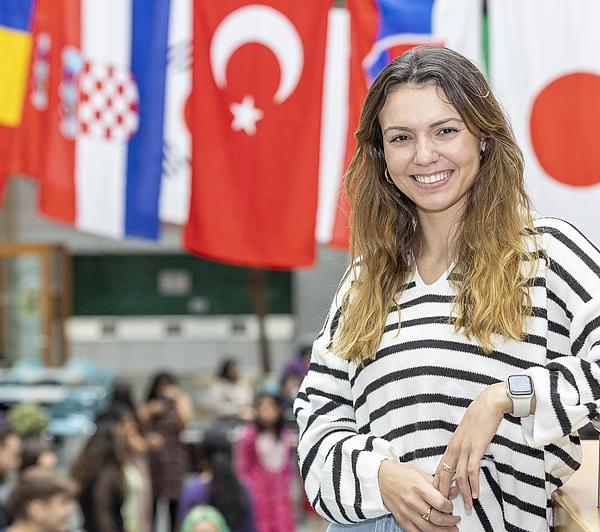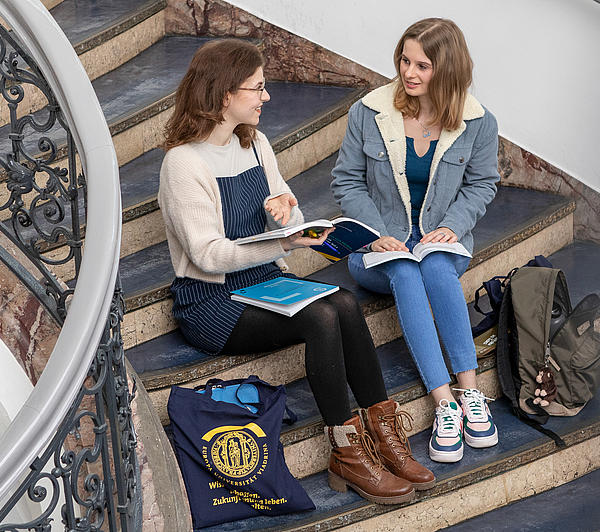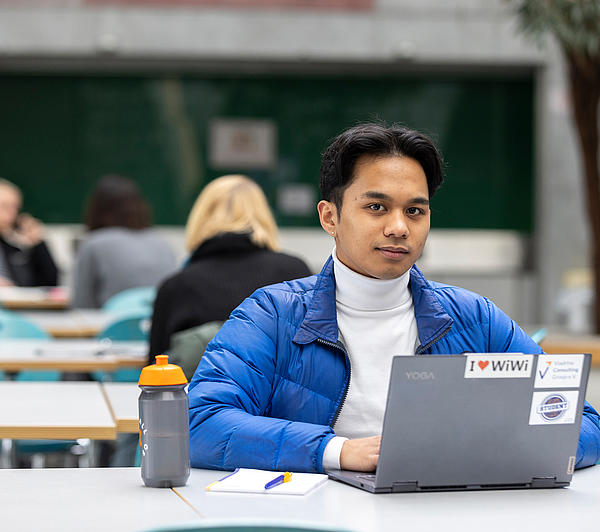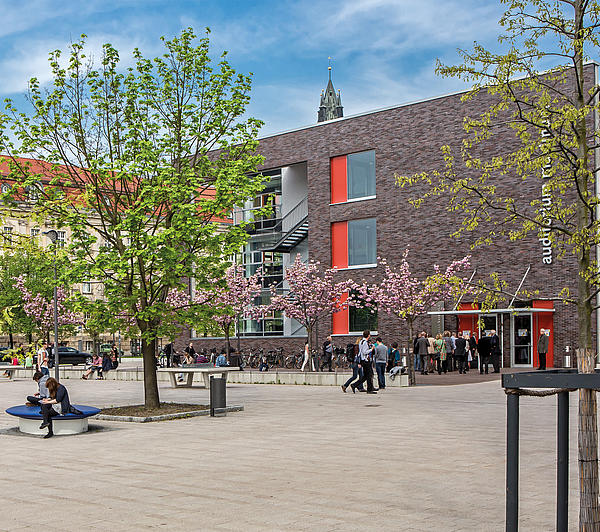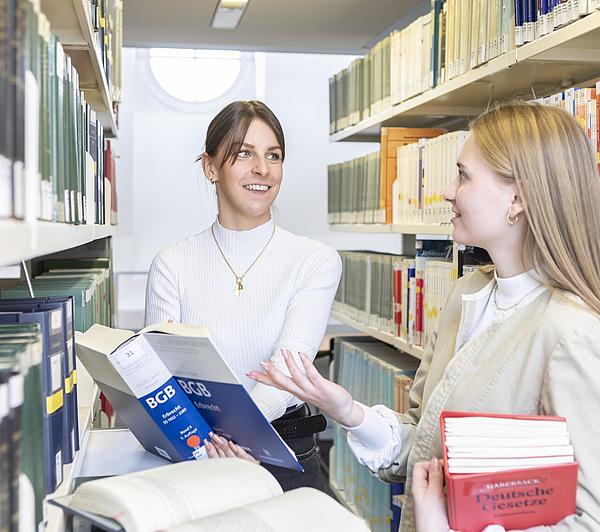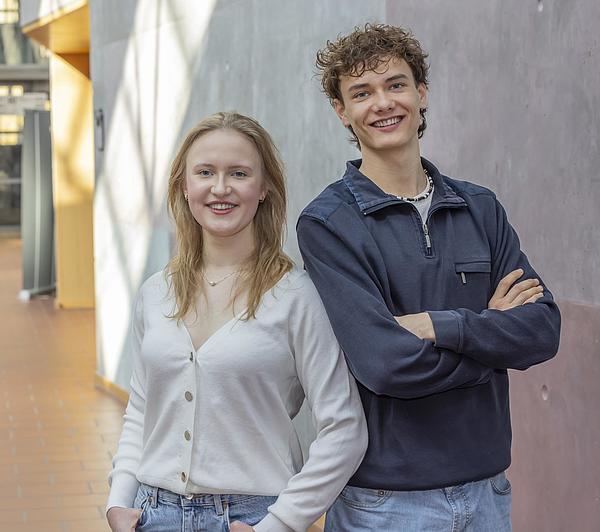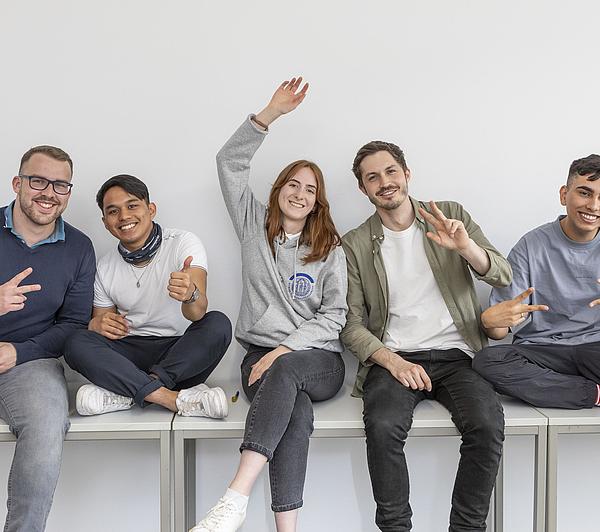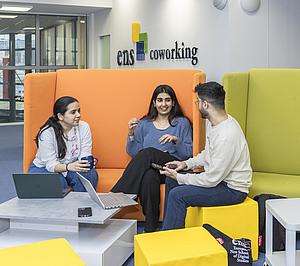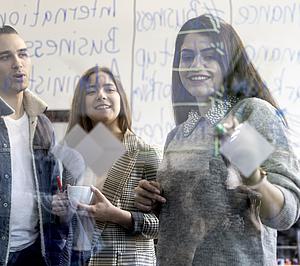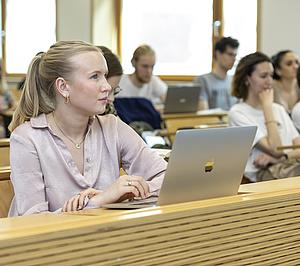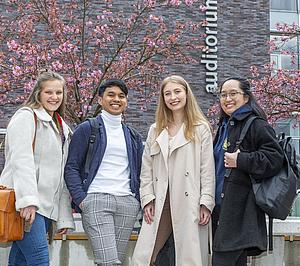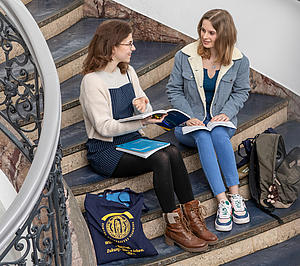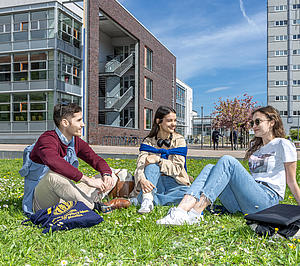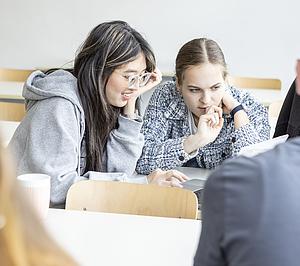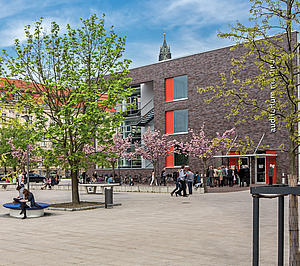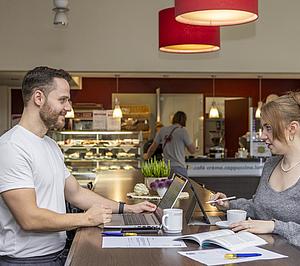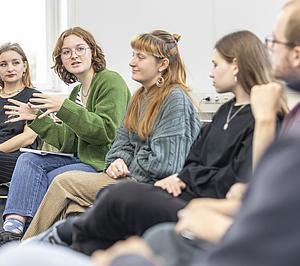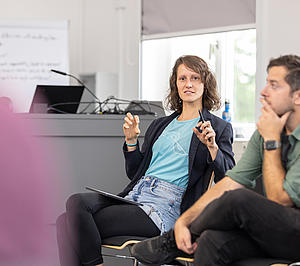Understanding the past and contemporary social and cultural world
Ziel des Studiums "Cultural and Social Studies" ist es, sich die aktuelle soziale und kulturelle Welt über ihre geschichtlichen Verflechtungen sowie ihre intersektional organisierte Strukturen und Diskurse zu erschließen. Sie werden theoretische und methodische Herangehensweisen verschiedener Disziplinen (Kulturgeschichte, Literaturwissenschaft, Linguistik und Sozialwissenschaften) kennenlernen.
Nach einer grundlegenden Einführung in die einzelnen akademischen Disziplinen werden Sie in Ihrem Studium Kenntnisse in interdisziplinären und themengeleiteten Feldern vertiefen:
- EUROPE/S – History, Culture, Politics
- MEDIA − Image, Text and Language
- DIFFERENCE – Migration, Gender and Diversity
English:
The BA "Cultural and Social Studies" (CuSo) is an English- and German-language BA program. The program explicitly invites students with education from non-German speaking countries, who can gradually acquire knowledge of German. At the same time it is very attractive for students who know both German and English and want to study in an international environment. All students have to acquire or prove competence in a third language. Courses are held in English and German.
The goal of the program is to gain an understanding of the contemporary social and cultural world through its historical interconnections as well as its intersectionally organized structures and discourses. You will become acquainted with theoretical and methodological approaches of different disciplines (cultural history, literary studies, linguistics and comparative social sciences).
While offering a profound consolidation in all four academic fields, your studies will specifically deepen your knowledge of the following interdisciplinary and thematic fields:
- EUROPE/S – History, Culture, Politics
- MEDIA − Image, Text and Language
- DIFFERENCE – Migration, Gender and Diversity
Course of study
The standard period of study is 6 semesters and the programme has a scope 180 ECTS credits.
Module 1: Introduction (15 ECTS Credits)
- Overview of disciplinary approaches to studying culture and society in a lecture series by professors of the faculty
- Accompanying seminar that focuses on the acquisition of basic academic writing competences in the context of cultural and social sciences
Module 2: Consolidation (15 ECTS Credits)
- Consolidation Module – two courses in general cultural sciences in English
Modules 3 and 4: Elective Modules (30 ECTS Credits each)
Choose two of three modules and attend four courses in each:
- EUROPE/S – History, Culture, Politics
- MEDIA – Image, Text and Language
- DIFFERENCE – Migration, Gender and Diversity
Module 5: Optional Module (12 ECTS Credits)
- Either a deepened focus on one of the topics offered in modules 3 and 4 by attending two more courses in these moduler or
- Take part in two courses in economics at the Faculty of Business Administration and Economics of Viadrina or
- Take part in two courses in Digital Societies, offered in cooperation with the European New School of Viadrina
Module 6: Methods, Academic Writing and Research Skills (12 ECTS Credits)
The module focuses on methods in science to ensure access to academic standards as they are common in German social and cultural sciences. It comprises:
- A peer-writing class (ideally to be attended in the beginning)
- Attendance in a colloquium in one of the four academic disciplines
- A programme-specific interdisciplinary colloquium in which BA thesis research design is presented and an exposé is written
Module 7: Language Skills (36 ECTS Credits)
For students who obtained their university entrance certificate (Abitur or equivalent) in Germany:
- One foreign language which is not English (B2)
- One other foreign language (B1) or (C1) if this is English
For students who did not obtain their university entrance certificate (Abitur or equivalent) in Germany:
- German (at least B2; if students plan to continue their studies in Germany we strongly C1)
- Another foreign language (B1), (C1) if this is English (only students from non-English-speaking countries may choose English as a foreign language)
Module 8: Practical Skills (18 ECTS Credits)
- Mandatory internship of (at least) four weeks (6 ECTS-Credits)
The remaining 12 ECTS in this module can be obtained by:
- An extended or several internships (4 weeks = 6 ECTS)
- Attending other practical skills courses, e.g. workshop or seminars at the Viadrina
Mandatory stay abroad
The programme's curriculum includes a mandatory stay abroad for at least three months. Students can choose between studying or doing an internship abroad. When doing a three-months internship abroad, students simultaneously complete Module 8 "Practical Skills. Students who did not obtain their university entrance certificate in Germany can also do their stay abroad in Germany or another German-speaking country.
Qualifications and Career Opportunities
The Bachelor’s degree in Cultural and Social Studies opens doors to appealing career opportunities and paves your way to an international working environment. Through interdisciplinary perspectives, applied multilingualism, as well as experience abroad and in professional practice, you also acquire key qualifications and intercultural competences for consecutive Master’s programmes or direct career entry in various fields in Germany and internationally, e.g.:
- Cultural and project management
- Press, public relations, and journalism
- Education
- NGOs
- Politics
- Business, human resources consulting, and marketing
Application and Enrolment
The programme is admission-free. You can enrol every winter semester (for advanced semesters also in the summer semester, see below).
Students who obtained their university entrance certificate (e.g. Abitur) in Germany can enrol from 1 June to 15 September through viaCampus. Students who did not obtain their university entrance certificate in Germany can enrol from 1 June to 15 July via uni-assist.
For further information, please consult the programme’s website or contact the programme coordinator.
Criteria for admission
1. University entrance certificate (“Abitur” or equivalent)
2. Language skills
- In order to be able to successfully complete the English-language courses in the Bachelor Cultural and Social Studies, in particular the introductory modules offered exclusively in English, you should already have a good command of English at the beginning of your studies (level B2 of the Common European Framework of Reference for Languages).
- You do not have to provide proof of German language skills at the time of enrolment. However, if you have not received your university entrance certificate in Germany, you must reach at least B2 in German during your studies.

